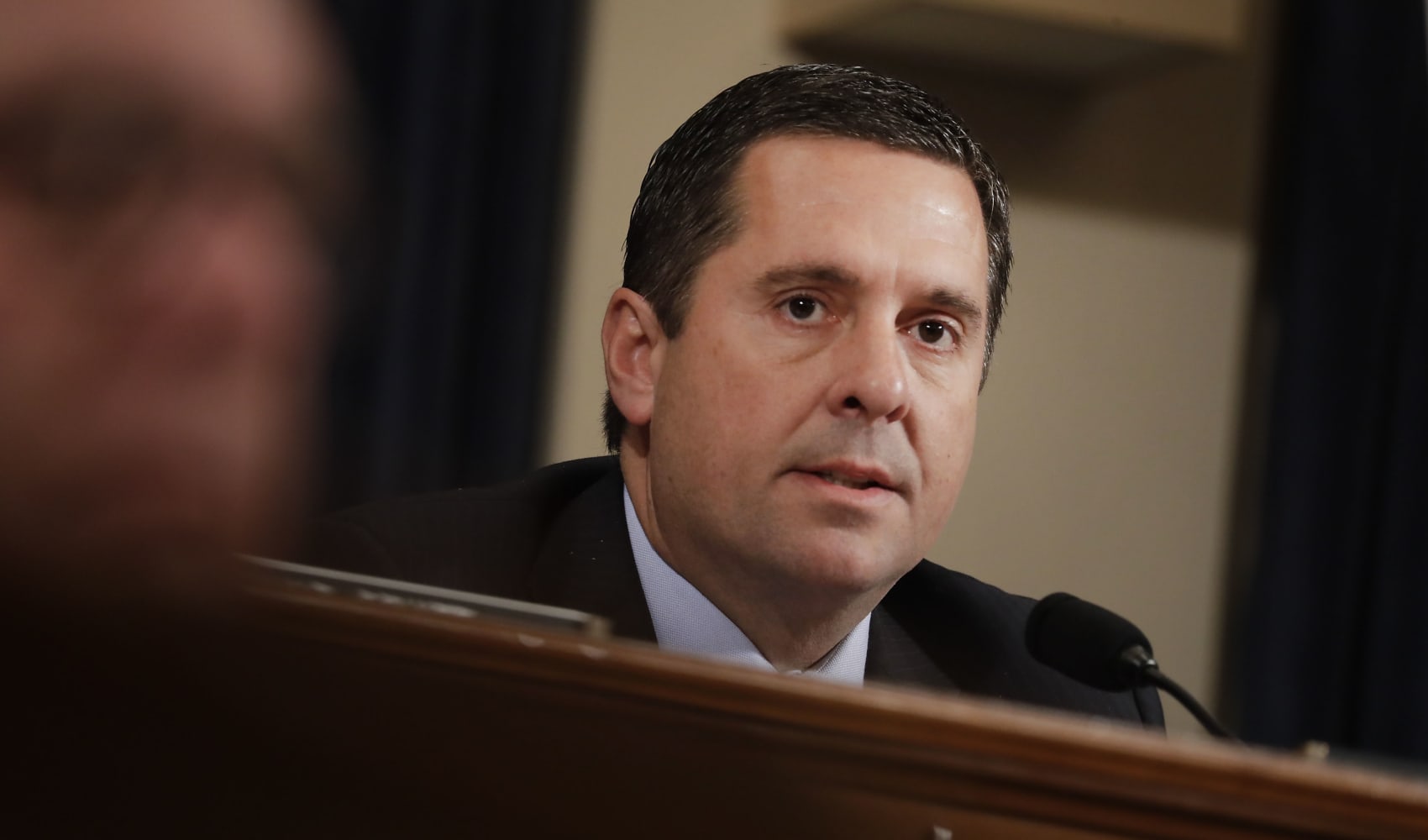
- If you're still recovering from the tax sting of mutual fund payouts in 2021, it's never too early to prepare for future distributions, financial experts say.
- "Ninety percent of what you can do is in the portfolio-building stage," said Russel Kinnel, director of manager research for Morningstar.
If you're still recovering from the tax sting of larger-than-expected mutual fund payouts in 2021, it's never too early to prepare for future distributions, financial experts say.
Midyear capital gains distributions aren't common, especially in a bear market year, said Russel Kinnel, director of manager research for Morningstar. "And it should be a pretty light year-end, as well, barring a huge rally."
But investors still need to be proactive for the future since "90% of what you can do is in the portfolio-building stage," Kinnel said.
We're making it easier for you to find stories that matter with our new newsletter — The 4Front. Sign up here and get news that is important for you to your inbox.
Your 401(k) plan or individual retirement account may shield you from tax on yearly income, such as dividends or capital gains. But your brokerage account is taxable, meaning you may owe levies on annual activity.
More from Personal Finance:
College may actually much less than you think
Retirement tax breaks leave middle-class behind, report finds
Biden decision on student loan forgiveness likely in July or August
"I definitely take that into consideration when I'm designing portfolios for clients," said JoAnn May, a certified financial planner and CPA with Forest Asset Management in Berwyn, Illinois. "I always keep the taxability of assets in mind when strategizing where things are going to go."
Money Report
If you have three types of accounts — brokerage, tax-deferred and tax-free — it's easier to pick the best spot for each asset, May said.
Since bonds may have less growth but distribute income, they may be suitable for tax-deferred accounts, like your 401(k) plan, she said, and investments most likely to appreciate may be ideal for tax-free accounts, like a Roth IRA.
However, if you don't have the three account options, there may be other opportunities for tax efficiency, May said.
For example, if you have a large enough bond portfolio, you may have to put some assets in a brokerage account. But depending on your income, you may consider municipal bonds, she suggested, which generally avoid federal levies and possibly state and local taxes on interest.
Other assets to avoid in a brokerage account are real estate investment trusts, or REITs, which must distribute 90% of taxable income to shareholders, said Mike Piper, a CPA at the firm in his name in St. Louis.
"If you have to have [funds] in taxable accounts, you want to make sure it's generally something with low turnover," he said.
Exchange-traded funds or index funds generally spit off less income than actively managed mutual funds, which typically have year-end payouts.
All-in-one funds
Another investment that's better suited in tax-deferred or tax-free accounts is an all-in-one fund, which attempts to create a whole portfolio, like a target-date fund, an age-based retirement asset.
Since all-in-one funds contain different types of assets, there's no ability to put certain portions, such as bonds spitting off income, into a more tax-efficient spot, Piper said.
These investments also limit your ability to use tax-loss harvesting, or sell assets at a loss to offset gains, because you can't change the underlying holdings, he said.
For example, let's say your all-in-one fund has U.S. stocks, international stocks and bond funds. If there's a dip in domestic stocks, you can't harvest those losses by selling only that portion, whereas you may have that choice if you own each fund individually.
You may also see excess turnover from the underlying funds, creating capital gains that may be taxed at regular income rates, depending on the length of ownership.
"They're really just not a great fit for taxable accounts," Piper added.






